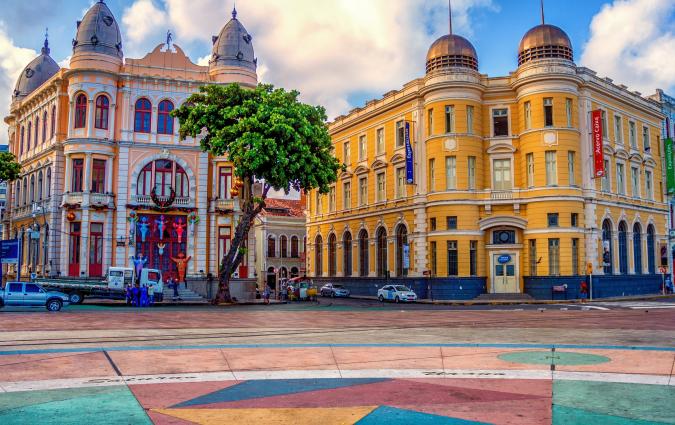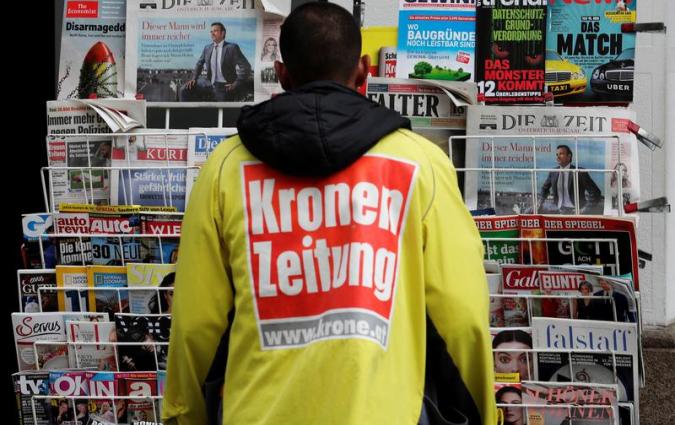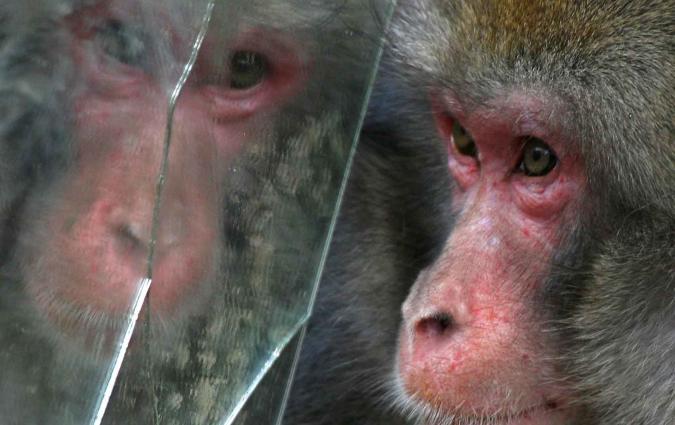Summoned by Science

The December 2009 summit on climate change in Copenhagen was remarkable not because it ended in an ambitious deal to curb greenhouse gas emissions but because of the unprecedented number of journalists, delegates, NGOs and scientists present.
In this wide-ranging study, James Painter has produced a detailed analysis of the coverage of the summit across the globe through studying more than 400 articles published in two print media in 12 countries. The analysis reveals that articles written principally about the science of climate change represented less than 10 per cent of all those surveyed.
The study makes extensive use of official UN figures to produce the first detailed assessment of who actually attended Copenhagen. It also includes a survey of over 50 environmental journalists and scientists across the 12 target countries post-Copenhagen to ascertain how they think climate change science might be best communicated.
"This study of how the media reported the Copenhagen climate summit has many lessons for journalists and scientists. It is particularly valuable for its detailed analysis of reporting from around the world, and for the thoughtful discussion of the role scientists, media and NGOs play in the international negotiations and in communicating climate science. Many of us are now rethinking the way we inform the public about the science - this report contributes important insights to this reassessment."
- Professor Diana Liverman, University of Arizona
"Copenhagen was an extraordinary event, and the way in which it was covered in the media is of interest not just to environmental activists, policymakers and students of journalism, but to anyone who cares about the modern world. This is a very valuable, well-researched study of a hugely significant summit."
- Fiona Harvey Environment Correspondent, Financial Times
"James Painter clearly offers an insightful and practical guide to improving communications between climate scientists, journalists and the public citizenry. Through detailed analysis of reporting from Copenhagen COP15, he carefully maps how mass media can more effectively depict ongoing climate science and policy. I recommend this book to anyone seeking to understand how mass media have portrayed this unfolding high-stakes issue, and what this might mean for our shared future."
- Max Boykoff Assistant Professor, University of Colorado-Boulder
"This important and revealing report is one of the very few studies of climate change in the media to highlight the often neglected area of media relations. COP15 and the crisis that surrounded it exposed the shocking shortage of press officers exclusively dedicated to supporting climate researchers. This report should be a wake up call to the climate science community to invest more in press officers who can both communicate the best available research to journalists and defend researchers whose work is unfairly attacked."
- Fiona Fox Director, Science Media Centre
A hard copy of this publication can be purchased from the University of Oxford Online Store or Amazon.





